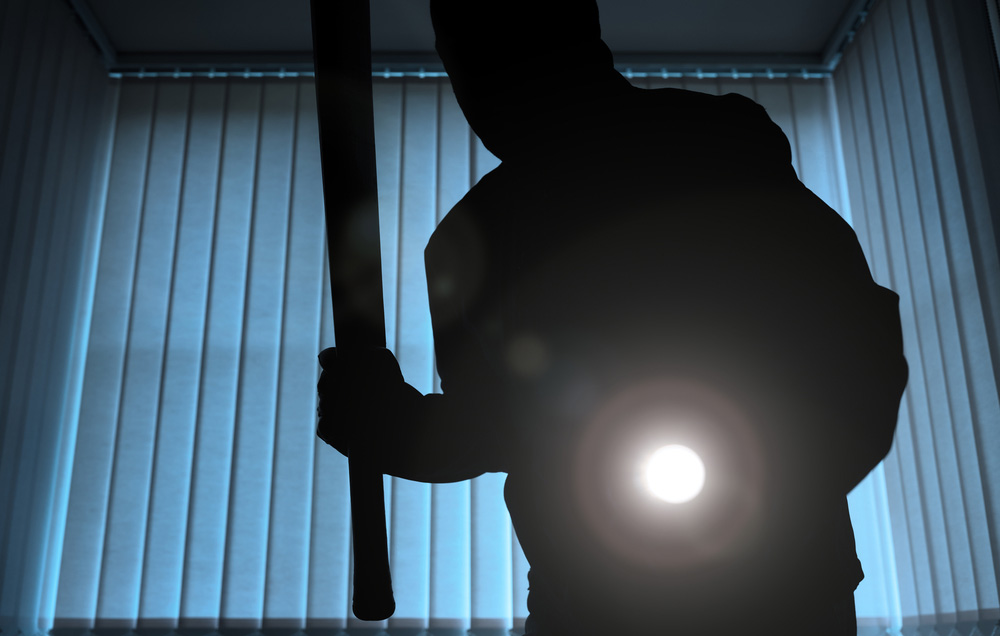(Menshealth)Researchers don’t know much about nightmares, but it isn’t for lack of trying. Bad dreams are personal, subjective, and fleeting—which means it’s difficult to properly study them.
But for all scientists don’t understand about your nightmares, there are some things they do know that will surprise you—and maybe even creep you out.
1. They aren’t literal.
Researchers agree that most nightmares are caused by anxiety, but they’re rarely a literal interpretation of what’s bothering you.
A small study by researchers at Tufts University looked at dreams and nightmares after the 9/11 attacks; their theory was that the events produced at least some level of trauma to everyone in the United States.
While all the subjects (none of whom were directly affected by the attacks) reported a marked increase in intense or vivid dreams and nightmares, none of them dreamed specifically about the Twin Towers, the planes, or even about tall buildings falling, despite the images being played over and over on TV.
2. No one will hear you scream.
In the movies, people toss and turn when they’re having bad dreams. But in reality, you can’t scream—or move, for that matter—when you’re having a nightmare.
“During dream sleep—the REM stage—all our muscles are paralyzed, except for our eye muscles and the ones we use for breathing,” says Aneesa Das, M.D., an assistant professor of internal medicine specializing in sleep medicine at The Ohio State University Wexner Medical Center.
Once you’re sitting up and screaming, you’re already aroused and coming out of dream sleep,” she says. That’s one reason why you remember your nightmares more clearly than other types of dreams.
“You wake up right out of the nightmare, so your recall is better,” Dr. Das says, compared to non-scary dreams, which don’t wake you up.
3. Nightmares are practice for the real thing.
There are many theories about why you dream: Some researchers believe dreams are a reflection of your unconscious mind, while others say they’re a way for your brain to keep busy while your body rests.
But AJ Marsden, Ph.D., an assistant professor of human services and psychology at Beacon College in Leesburg, Florida, says researchers are now coming around to the idea that dreams are your brain’s way of trying to solve problems or deal with intense emotions.
“A nightmare may be our brain’s way of preparing us for a particular fearful situation,” she says.
Having scary dreams about someone breaking into your home could be your mind either preparing you for dealing with the situation, or helping you to feel less afraid.
4. You can control your nightmares.
But it takes a lot of practice. “Lucid dreaming” is where you know you’re dreaming and can control the direction of the dream.
“Some people can start to control their dreams, but as soon as they realize they are dreaming, they usually wake up,” says Marsden.
Researchers are beginning to use this technique to help people with PTSD, who frequently suffer from nightmares. “The thinking is that by teaching them to control their nightmares, they can begin to work through their trauma,” Dr. Das says.
5. There’s something scarier than a nightmare.
Night terrors, although uncommon in adults, are probably more terrifying for parents than for kids who have them. For starters, you may find your child screaming, often with his or her eyes wide open.
Unlike nightmares, you can’t wake your kid during a night terror, Marsden says. Kids can remember scary nightmares, but they have no memory of night terrors when they wake up.
While most dreaming happens during REM sleep, night terrors occur during stage 4 sleep, which is the deepest stage. Marsden says it seems they happen because children have trouble transitioning from this deep sleep stage to REM sleep.
Fuente: www.menshealth.com
